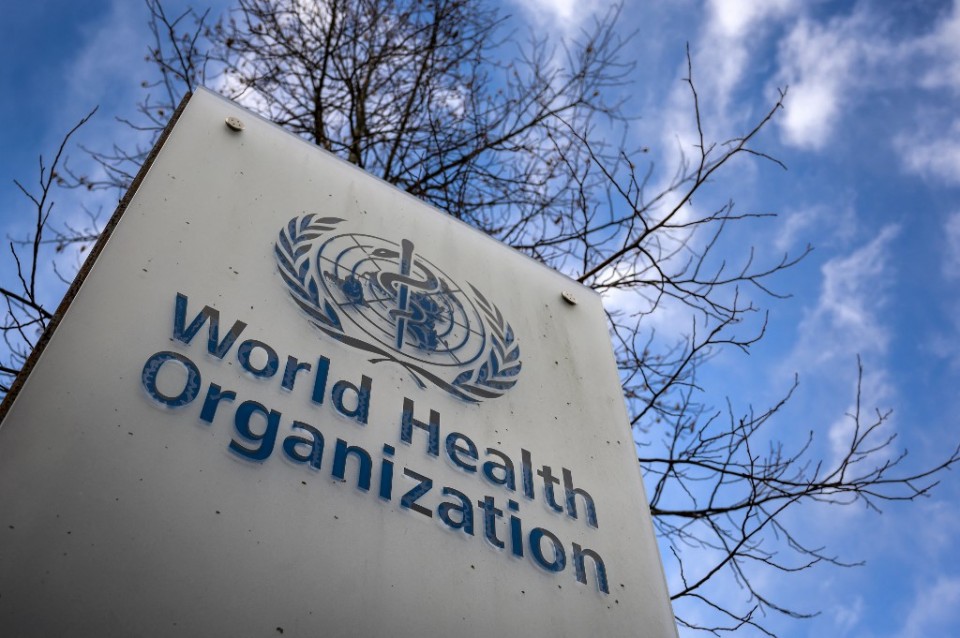
GENEVA, Switzerland (AFP) — The World Health Organization said Wednesday its experts were still reviewing safety data on the AstraZeneca Covid-19 vaccine following concerns around blood clots but recommended that injection programmes continue.
While millions of doses of the vaccine have been administered, small numbers of people have developed blood clots, prompting countries including the EU’s three largest nations — Germany, France and Italy — to suspend injections.
“The WHO Global Advisory Committee on Vaccine Safety is carefully assessing the latest available safety data,” the UN health agency said in a statement.
“At this time, WHO considers that the benefits of the AstraZeneca vaccine outweigh its risks and recommends that vaccinations continue.”
but
It said that once the committee had completed its review, the WHO would immediately communicate its findings.
The European Union’s medicines regulator on Tuesday insisted there was no evidence linking the jab to blood clots — termed thromboembolic events — after several nations suspended the shot over health fears.
The WHO said that in mass vaccination campaigns, it was routine for countries to flag up potential adverse events after people have been immunized.
“This does not necessarily mean that the events are linked to vaccination itself, but it is good practice to investigate them. It also shows that the surveillance system works and that effective controls are in place,” it said.
“Vaccination against Covid-19 will not reduce illness or deaths from other causes.
“Thromboembolic events are known to occur frequently. Venous thromboembolism is the third most common cardiovascular disease globally.”
The WHO said it was in regular contact with the EU’s European Medicines Agency and regulators around the world for the latest information on Covid-19 vaccine safety.
© Agence France-Presse








